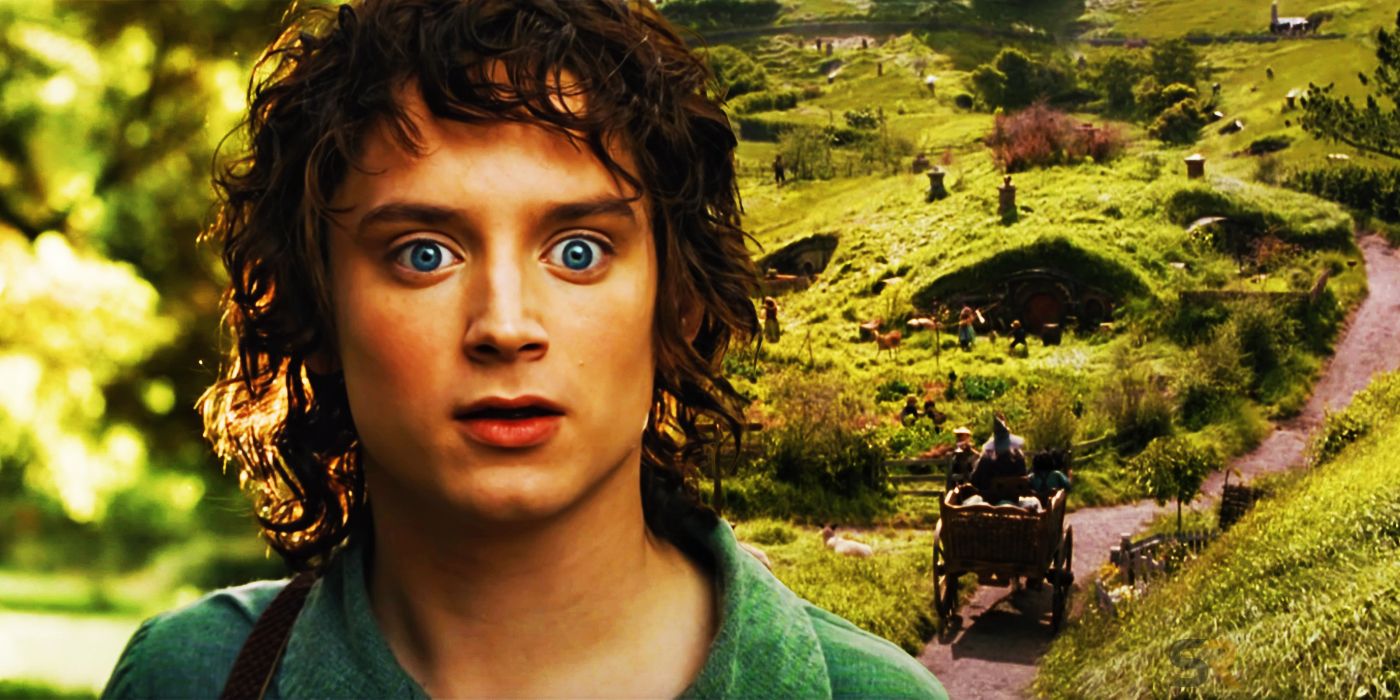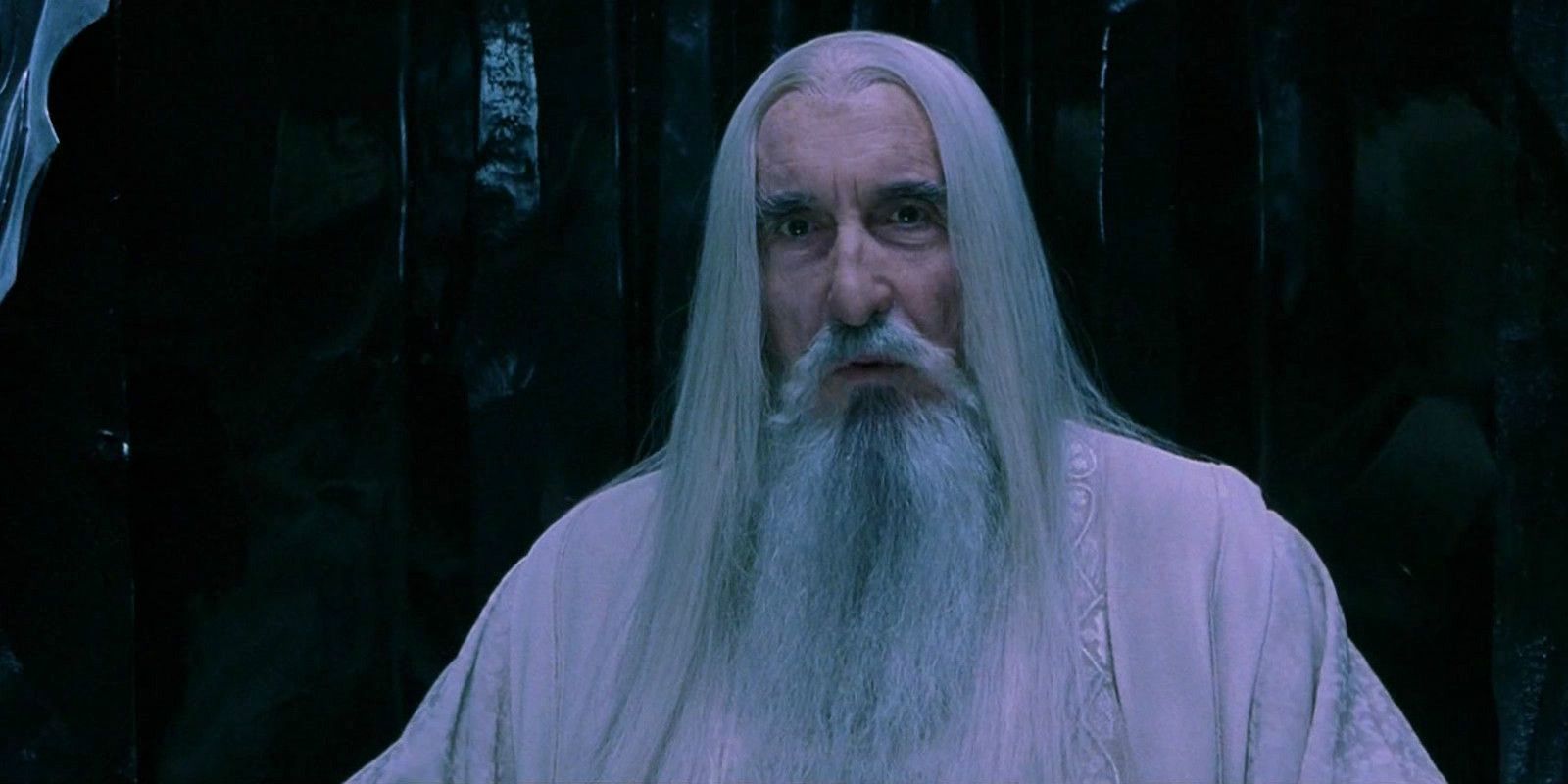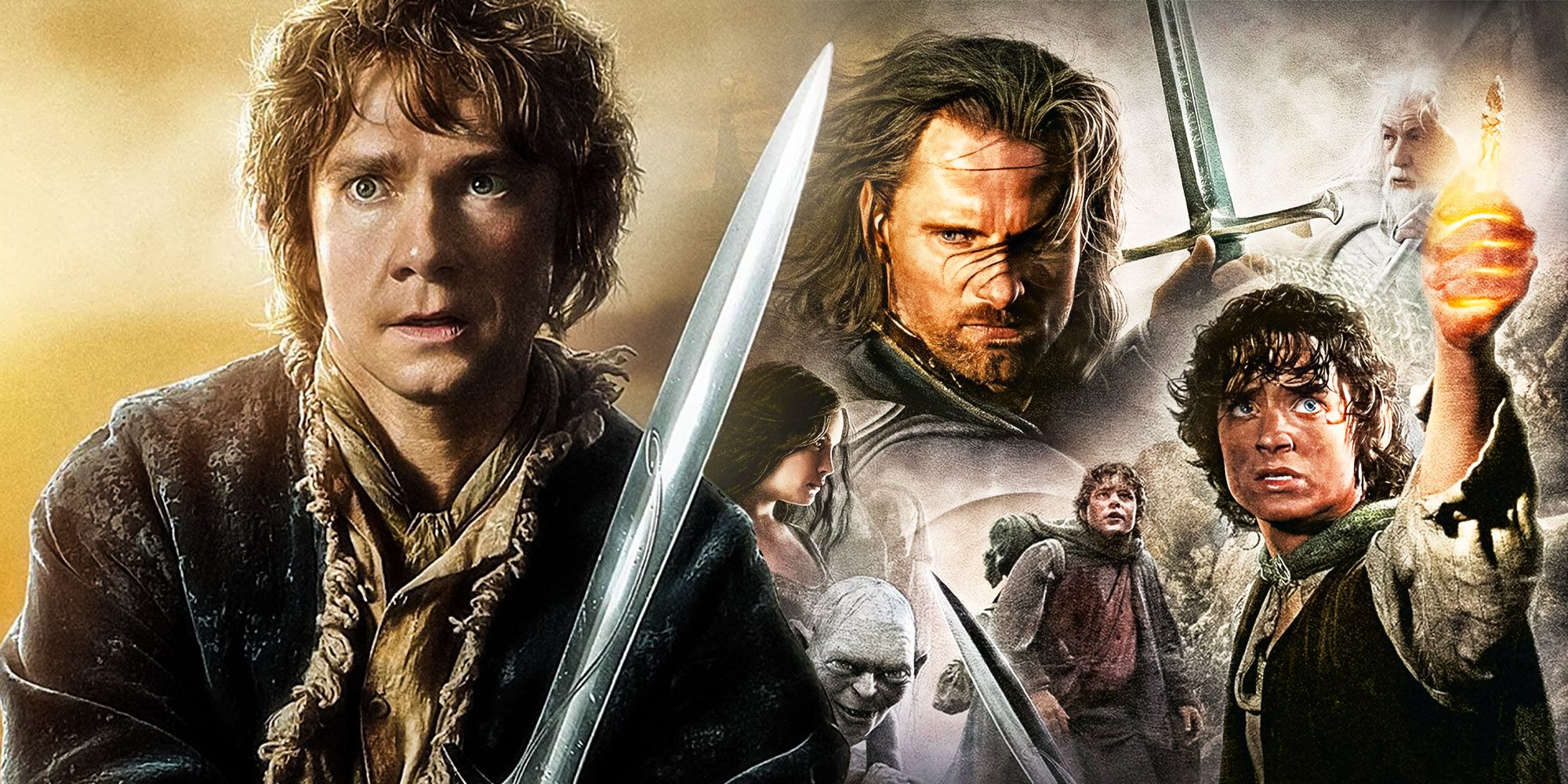While the idea of new Lord of the Rings may be divisive, there's one key change that could make a new adaptation faithful to Tolkien's books. Peter Jackson's trilogy of Lord of the Rings films still have a massive, dedicated audience after two decades, and are considered some of the best book to screen adaptations ever. Since then, adaptations have faltered, with much more negative reviews on The Hobbit trilogy and the recent Amazon Prime series The Rings of Power. The decline of these attempts in critical and audience reception has created ongoing debates about the justification of adapting J.R.R. Tolkien's works.
Warner Bros. recently announced that new projects in the Lord of the Rings franchise would be in the works, causing the debate of how Lord of the Rings creator Tolkien would feel about film and television adaptations of his works to ensue oagain. Even the successful Peter Jackson films did not manage to appeal to Christopher Tolkien, the son of J.R.R. Tolkien, who openly criticized the commercialization of the films. There are many viewers and readers who worry that more movies would attempt to turn Tolkien's works into a cheap money grab. For future adaptations to succeed, the production to aspire to focus on more direct adaptions of the novels.
A LOTR Movie On The Scouring Of The Shire Could Be Faithful To Tolkien
Even with hours of scenes added to the Peter Jackson films in hopes of perfecting the full story, some plot lines were changed. A key change is the fate of Saruman, who is killed in the films in an originally deleted Lord of the Rings scene at the start of Return of the King, much to the dismay of actor Christopher Lee. The final chapter of the novels, however, sees Frodo, Sam, Merry and Pippin return to The Shire, only for it to have been torched by Saruman, under the identity of the ruffian leader, "Sharkey." The chapter ends similarly to Saruman's movie fate, with Grima Wormtongue stabbing him.
While this conflict may have seemed too diverging to fit into the end of the film adaptation, it is considered to have a literary importance to the novels. The chapter has been praised due to its handling of the Hobbit characters, as it sees them rising up and leading their folk against the ruffians. This signifies how the journey has changed them, and that the great deeds they performed in the War of the Ring were not just happy accidents.
Also, the scene presents a more realistic view about the persistence of evil in the universe. Following the death of Sauron, even in the idealistic Shire, land grabs and power plays had been made throughout the hobbits' time away. Adapting this story into future Lord of the Rings projects could better emphasize the meaning of Tolkien's stories in this vein as a result.
How New Lord Of The Rings Projects Risk Tolkien's Legacy
In modern pop culture, almost every major franchise aspires to be like the MCU, building on a great, fictional, fantasy world in a way that drives people to meticulously follow it. It's important to note for Lord of the Rings, however, that they are a contained set of novels written by an artist with specific ideals in mind. To continuously expand on these works, using Tolkien's creations and characters in ways that don't reflect his vision, is reductive of the original artwork itself. With this in mind, any adaptations should narrow in on the quality and detail of Tolkien's writing, if they wish to be loyal to the work.



